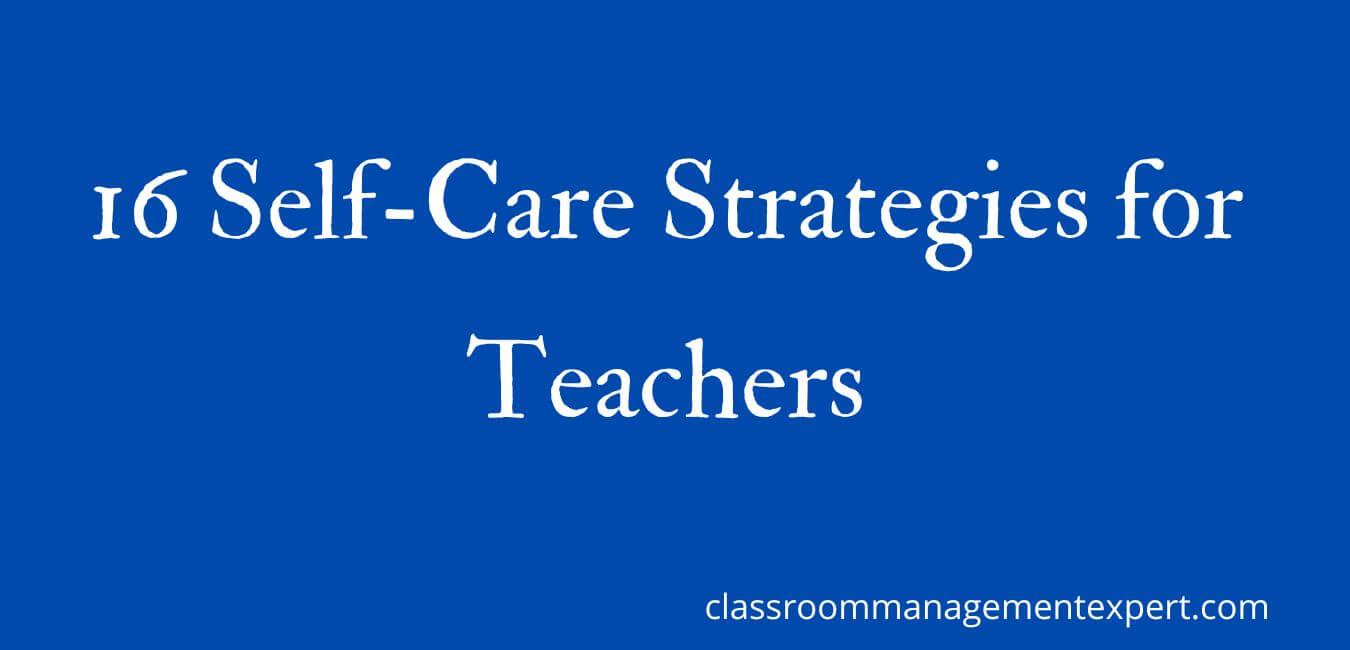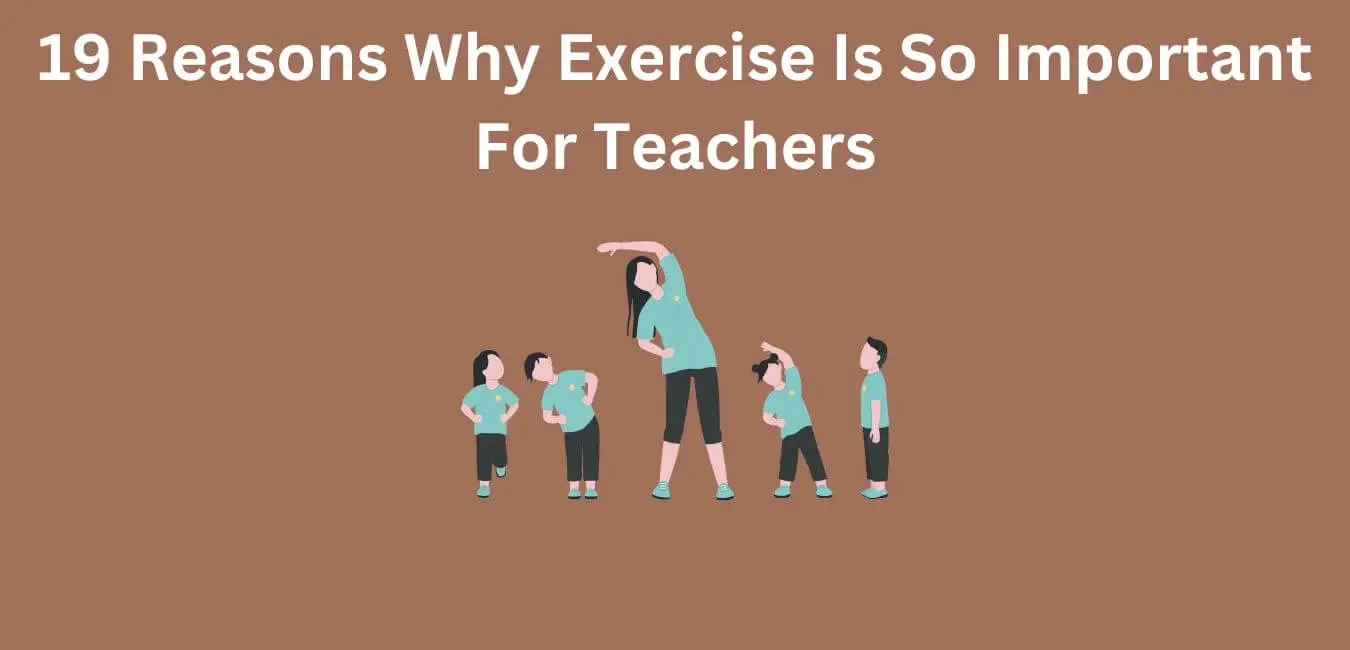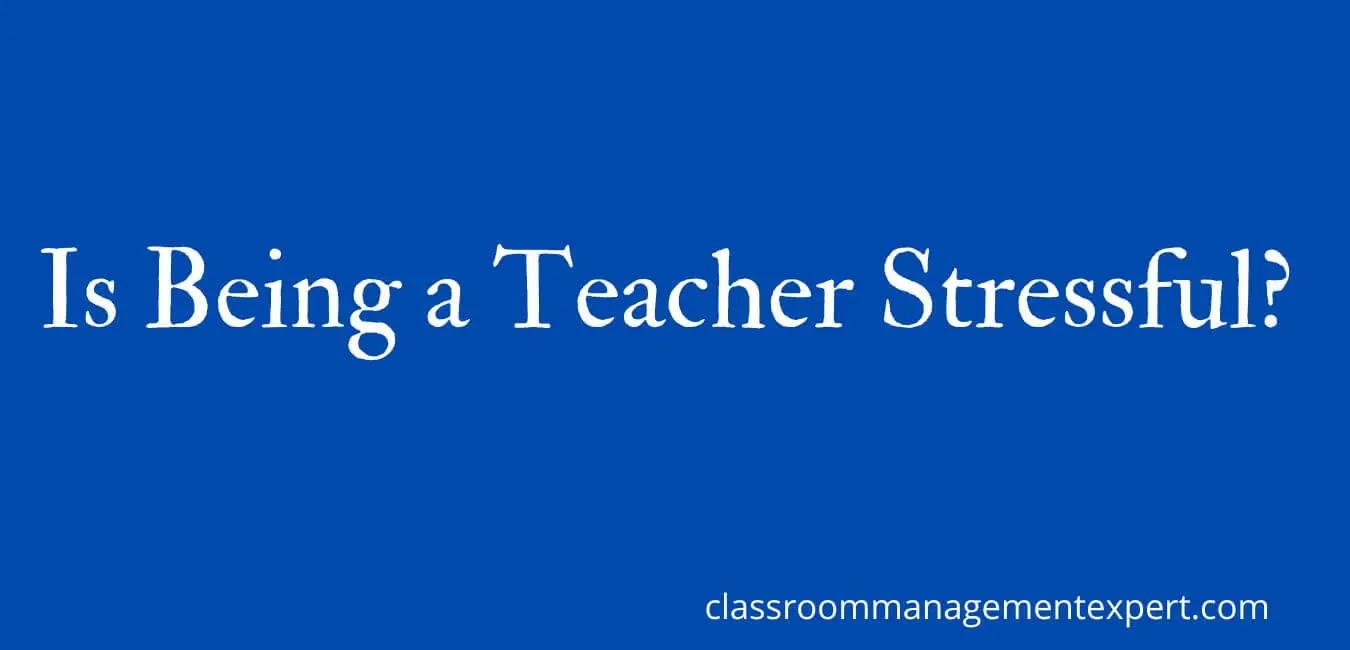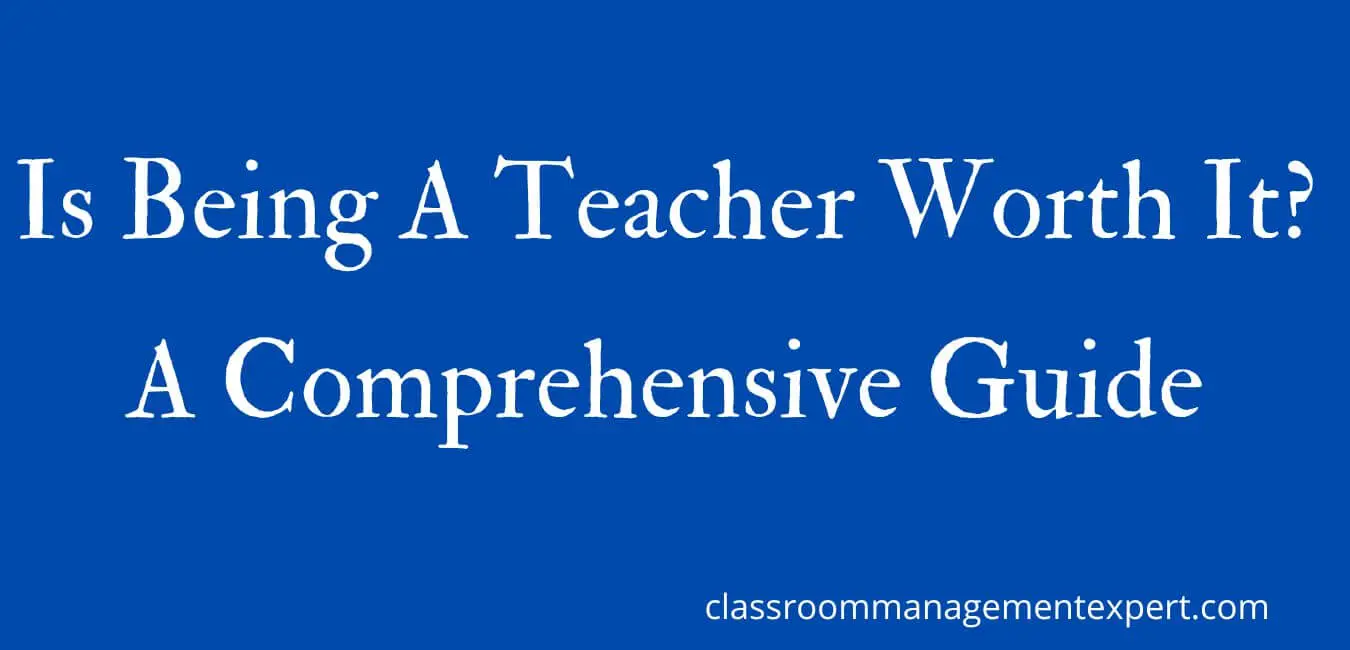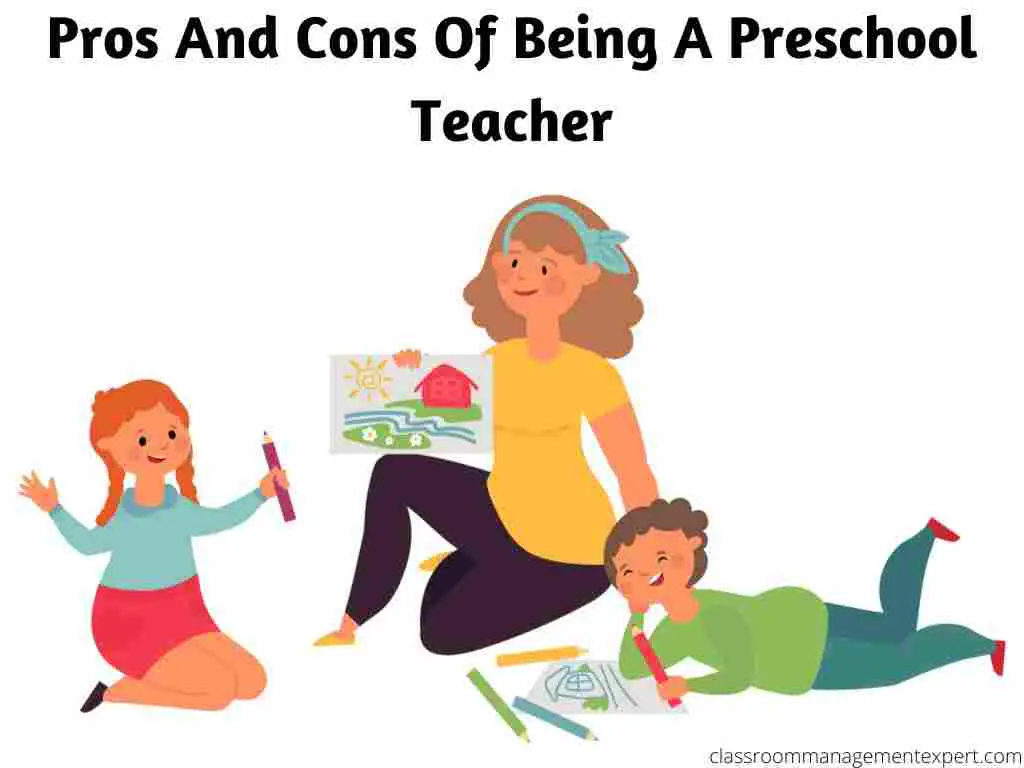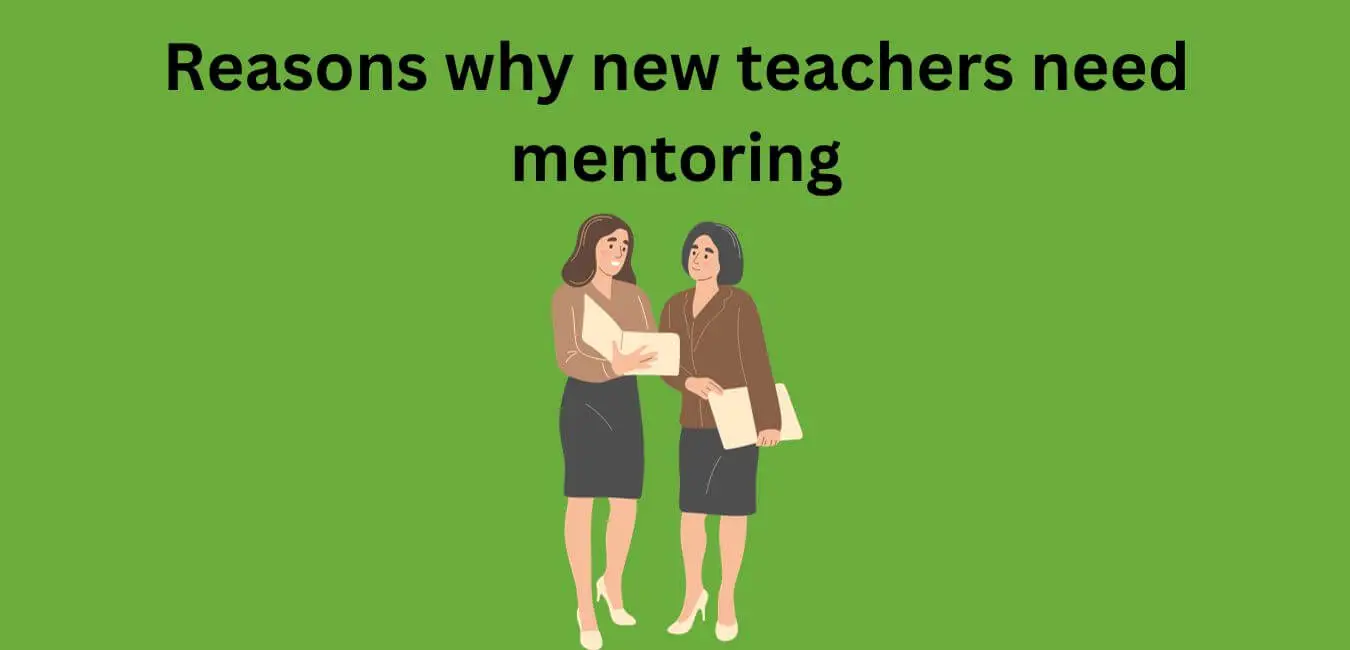As a teacher, one of the most common things that students do is humiliate you. Whether it is calling you by your first name in class, laughing at your jokes, or coming up with creative ways to prank you, students will do whatever it takes to make you feel uncomfortable.
One of the most difficult things for a teacher to deal with is humiliation in class. It can be embarrassing and upsetting for both the teacher and the students. There are a few ways to deal with humiliation in class, depending on the situation.
The first step is to identify what has caused the humiliation. Often, this will be something that was said or done by one of the students. Once the cause is known, it can be addressed diplomatically or sternly.
What is humiliation?
Humiliation can be defined as an act that causes someone to feel ashamed, embarrassed, or diminished. It often occurs in the classroom when students make fun of each other, call out incorrect answers, or are ridiculed by the teacher.
Although it is natural for people to feel humiliated at times, prolonged exposure can have negative consequences for both students and teachers. There are several ways to avoid or deal with humiliation in class.
Teachers can create a positive learning environment by being encouraging and respectful, providing clear instructions, and modeling good behavior. Students can also help to prevent humiliation by following classroom rules and exhibiting good manners.
In the end, it is important to remember that humiliation is a transient experience that should be dealt with in a constructive way so that everyone can learn.
Types of Humiliation
Humiliation is a common occurrence in school, and it can take many different forms. There are many different types of humiliation, and each can be painful or humiliating in its own way.
This article will explore some of the most common types of humiliation, and how to prevent them from happening to you.
1. Verbal humiliation
In the world of education, verbal humiliation is unfortunately a common occurrence. Verbal humiliation can take many different forms, from making fun of teachers in front of the class to calling them names.
There are a few things that teachers can do in order to deal with verbal humiliation in class. First, they should be aware of their own thoughts and actions. If they are making fun of students or calling them names, they need to stop immediately.
Second, teachers need to make sure that they are setting a good example for their students. If the teachers are treating their students poorly, then the students will likely treat other classmates poorly as well.
2. Embarrassment
Teachers can feel embarrassed in a variety of ways. Some teachers may feel self-conscious when their students point out mistakes or make comments about how unprepared they seem.
Others may feel humiliated when a student makes an unsubstantiated accusation against them. Embarrassment can make teachers feel foolish and humiliated. It can also make them feel uncomfortable and exposed.
There are a few things that teachers can do in order to combat these negative emotions. First, they should remember that embarrassment is often caused by factors outside of their control.
Second, they should take stock of their own strengths and weaknesses and work to improve them where necessary. Finally, they should maintain a positive attitude and focus on the lessons that need to be learned rather than the embarrassing moments themselves.
3. Ridicule
It can be tough as a teacher to keep your composure in a class full of disorderly students. But when one of your students openly mocks or ridicules you, it can be even harder to hold back the roiled emotions that threaten to take over.
There are so many ways teachers can handle ridicule in the classroom, and here are a few of them:
1. Take a step back and assess the situation carefully. What has happened specifically that has made your students ridicule you? Try not to overreact and respond emotionally instead. Instead, try to get clear about what specifically has upset them and figure out how you can address it diplomatically.
2. React calmly and diplomatically. Let them know that their behavior is inappropriate and that their mockery is not funny or acceptable. Be firm but fair in your reprimand, and make sure they understand why their behavior is unacceptable.
4. Shaming
As a teacher, there are many ways to deal with shame. One way is to approach the situation calmly and communicate with your students about why the shaming occurred. It’s important to let them know that you understand how embarrassing and frustrating it can be, but that you will handle the situation in a constructive way.
You can also apologize for any hurt or embarrassment that was caused, and offer support to your students in coping with this type of situation in the future.
5. Spiteful remarks
There is no doubt that students can be spiteful and cruel to their teachers. One of the most common ways students can express their anger and frustration is through hurtful remarks. It can be difficult for teachers to deal with this type of insult, but there are a few things that they can do to try and manage the situation.
First, it is important for teachers to maintain a sense of professionalism. This means that they should not react in an emotional way and should instead focus on maintaining control over the classroom environment. It is also important for teachers to remember that students are often trying to provoke a reaction from their teacher in order to feel powerful or feared.
However, even if a teacher manages to keep their temper under control, it is still possible for students to insult them anonymously or behind their back. In these situations, it is important for teachers to take steps such as filing a report with the school administration or speaking out against the student’s behavior publicly. By doing this, teachers can show that they will not tolerate any form of verbal abuse and will stand up for themselves in a professional setting.
6. Physical humiliation
Physical humiliation is a common occurrence in schools. It can take many forms, from students calling a teacher by an inappropriate name, to making fun of them in class, to deliberately tripping them or standing on their chair.
There are a few things that teachers can do to deal with this situation. First, they should remember that it is not their responsibility to stop the behavior of the students. Instead, they should focus on maintaining their own composure and doing their job well.
Second, they can try to find allies within the school community. There may be other teachers who are willing to stand up to the students and help protect the teacher.
Causes of Humiliation in the Classroom
There are many reasons why a teacher might experience humiliation in the classroom.
One reason is that the teacher may not feel confident in their own teaching ability. This can lead to feelings of insecurity and a fear of being ridiculed by their students.
Another common cause of humiliation is when a teacher is dealing with disruptive or disrespectful students. These students can be very challenging to manage and can often lead to feelings of frustration and embarrassment on the part of the teacher.
Additionally, a lack of support from administrators or colleagues can also lead to feelings of humiliation in the classroom.
Moreover, teachers might feel humiliated if they do not have the answers to a student’s questions. This can be a particularly common problem for new teachers.
Furthermore, parents can also be a source of humiliation for teachers. They may criticize the teacher’s methods or blame them for their child’s poor grades.
Ultimately, there are many factors that can contribute to a teacher feeling humiliated in class. However, there are strategies that can help deal with these feelings and help maintain a positive classroom environment.
How Can Humiliation Affect a Teacher in the Classroom?
In any profession, humiliation can be a devastating experience. For teachers, it can be especially damaging, as it can affect their ability to do their job effectively.
In the classroom, humiliation can come from a variety of sources: students, parents, or administrators. It can manifest itself in different ways, such as mockery, sarcasm, or public criticism. Humiliation can have a number of negative impacts on teachers.
First and foremost, it can lead to feelings of insecurity and vulnerability. These emotions can interfere with the teacher’s ability to provide effective instruction.
Furthermore, humiliation can cause a teacher to become defensive and lash out at students, which can also undermine their authority.
Moreover, when teachers are humiliated in front of their students, it can damage the relationship between teacher and student.
In most cases, when teachers are humiliated in front of their students, the students may view the teacher as weak and unworthy of respect. This can lead to disruptive behavior and poor academic performance.
Finally, humiliation may lead a teacher to feel depressed or anxious, which can have a negative impact on their work performance. In short, humiliation is an insidious problem that can have major consequences for teachers in the classroom.
20 Tips to Deal with Humiliation in the Classroom
1. Don’t take it personally.
It can be difficult to handle feeling humiliated in a classroom setting, especially when it’s unexpected. It is important to remember that the humiliation was directed at your teaching, not you as a person. The student is likely just trying to get a rise out of you or test your boundaries.
However, it’s important not to take the humiliation personally. Rather, focus on the lesson at hand and try to remain professional.
2. Distance yourself from the situation if it becomes worse.
If the humiliation becomes worse or more constant, it is best to distance yourself from the situation as much as possible. Try to take a step back and take a deep breath. Remind yourself that this is not who you are and that you will be able to handle the situation.
If you find that it is difficult to move away, try having someone else in the room talk with the student about their behavior. This can help diffuse the situation and keep everyone safe.
3. Acknowledge your feelings.
First, it is important to acknowledge that humiliation can be a difficult experience for teachers. It can be a challenging feeling to have our own competence and professionalism questioned in front of students.
However, it is also important to remember that humiliation is not unique to teaching. Anyone can experience feelings of humiliation, whether they are in a professional or personal setting.
It is important for teachers to understand their feelings in order to manage them appropriately. Acknowledging the emotions that are brought up by humiliation can help teachers feel more in control of the situation and better equipped to handle any challenges that may arise.
4. Don’t Show it
Instead, you can try to remain calm and professional. You may want to offer a solution or explanation for the mistake rather than just focus on how you feel. Try not to react emotionally, as this will only make the situation worse.
Finally, remember that humiliation is an inevitable part of learning and that there is no such thing as a perfect class. If something goes wrong during class, remember that everyone makes mistakes.
5. Talk to someone
If you are experiencing humiliation in your class, there are likely a range of feelings that you are experiencing. It is important to take some time to process what is going on for you and talk to someone about it.
Talking can help you feel better and can give you some guidance on how to deal with the situation. You may also want to consider seeking professional help.
6. Take action if necessary.
If humiliation is becoming a problem in your class, there are a few things that may need to be done as a teacher. First, it may be helpful to ask students how they’re feeling and why they feel the need to engage in this type of behavior. It’s important to understand why these behaviors are occurring so that steps can be taken to address the issue.
7. Apologize if necessary.
When a student experiences humiliation in a class, it can be difficult to manage. It is important to apologize if necessary and make sure that the student feels comfortable speaking with you about the situation. You can also help them understand why the humiliation occurred and how they can avoid similar experiences in the future.
8. Use it as a teaching moment.
I think it can be difficult for teachers to manage feelings of humiliation in class. It can feel like a daunting task to try and take control of the classroom and prevent students from making fun of one another, but I think it can be important to use it as a teaching moment.
When I see students behaving in a way that makes me feel humiliated, I try to remind myself that this is not who I am. This is not my personality. I am here to teach and help my students learn, not to be made fun of. So instead of letting what happened bother me for too long, I try to take some positive steps forward by using the experience as an opportunity to teach them something new.
9. Use humor.
Humiliation can be humorous if you approach it that way. Try to find the humor in the situation, and use it to keep from becoming too stressed or emotional.
10. Stay in control.
If the situation becomes too difficult, take a step back and try to regain your composure. Remember, you are in charge of the class, and you should stay that way.
11. Respond with calm.
When you respond to humiliation in class with anger or frustration, it only confirms for the student that they are doing something to displease you. Instead, respond with calm and logic.
12. Be Aware Of The Situation.
When you are faced with humiliation in class, it can be difficult to know what to do. It is important to stay aware of the situation and take a step back to assess it.
Try not to react emotionally. This will only make the situation worse. Second, remember that you cannot control every moment in a class, but you can control how you respond.
Try not to react too quickly or harshly, and focus instead on providing a calm and constructive environment for your students.
13. Stay Positive
It can be tempting to sink into a state of humiliation, but remember that it is temporary. Even in the most difficult situations, it’s important to stay positive. This will help you to see the situation from a different perspective, and may even provide some hope for the future.
14. Remember The Goal
Always remember the goal of teaching, which is to help students achieve their educational goals. Humiliation can be a frustrating experience for teachers, and it can lead to academic setbacks. When a teacher is humiliated in class, remember that your goal is to help students learn and succeed, no matter how difficult the situation may seem.
15. Stay focused
If a student or classmate does something that makes you feel embarrassed, humiliated, or uncomfortable, it is important to remember that there are many ways to react.
You may feel embarrassed and want to hide or avoid the situation. You may feel humiliated and want to lash out at the person. Or you may feel uncomfortable and want to leave the room.
Each of these reactions is okay, but it’s important to focus on your lesson plan or goals for the day. If you start to feel overwhelmed, take a few deep breaths and think about what you can do to stay calm and focused. Remember that humiliation is only temporary; it will eventually pass.
16. Recognize Your Limit
Don’t try to deal with the situation if you are not comfortable doing so. Recognize your limit and reach out for help if needed.
17. Be patient.
Humiliation is a difficult feeling to deal with, but it’s important to be patient. This will allow you to have a better understanding of the situation and may even provide some new insights for moving forward.
18. Reward Your Students for Good Behavior.
Whenever possible, reward your students for good behavior. This can help them feel appreciated, and may even encourage them to continue making good choices in the future.
19. Talk to Your Students About Humiliation
One of the best ways to manage a humiliating situation is to talk to your students about it. This will help them understand that it’s not their fault, and that you’re just trying to manage the situation as best you can.
20. Move on
After humiliation in class, it is important to move on. This may mean talking to the students about the situation and apologizing for what happened. It can also mean trying not to dwell on the incident and focusing on the lesson at hand. As a teacher, it is important to be understanding and supportive of your students during tough times.
The Importance of Dealing with Humiliation in Class
Humiliation is a felt experience that can have a significant impact on an individual’s mental and physical health. It can cause feelings of embarrassment, shame, and humiliation. When humiliation occurs in class, it can negatively affect the teacher’s teaching environment and the student’s overall academic performance.
In order for teachers to maintain their composure and keep their students engaged, it is important to deal with humiliation in a professional manner. Here are some tips:
1. Make sure you understand the cause of the humiliation. For example, if a student is making fun of the teacher, take note of what they are saying so that you can address it later.
2. Do not react emotionally. If you become emotional, your students will sense this and may continue to make jokes at your expense. Instead, remain calm and dignified while addressing the student who caused the humiliation.
3. Use humor sparingly, if at all. Humor should be used only when it is appropriate and helpful in restoring balance within the classroom atmosphere. When used inappropriately or out of context, humor can lead to further embarrassment for the teacher and disruption for the class as a whole.
Final Thoughts
In conclusion, a humiliation in the classroom can be a very difficult experience for teachers. However, by following the tips provided in this article, teachers can manage their humiliation and move on to continue teaching. Teachers should always remember that they are not alone in this experience and that there are ways to deal with it. Finally, teachers should take care of themselves and seek out help if they need it.
These are just a few of the strategies that you can use to deal with humiliation in class as a teacher. Remember to be aware of the situation, use your skills, seek professional assistance, stay positive, make a plan, and remember that you are not alone. This process can be difficult, but with a little effort, you will be able to deal with humiliation in class successfully. Thanks for reading!



